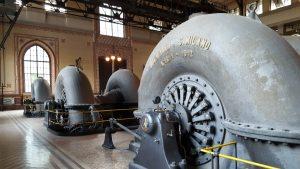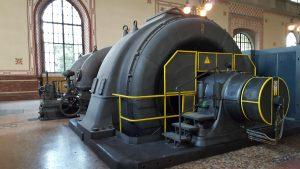Yes, I like Go programming language. I’m liking it so much that I have to resist from being a fan boy. I’m trying to understand where all this enthusiasm is coming from (I’m a seasoned coder) so here’s an attempt to find why :
- Code readability — and maintainability — first, language features second
- Integrated test environment : go test <package> executes all tests for the package. Unit testing features are builtin.
- Code Coverage is builtin (with some limitations, for example if you use cgo it will not work).
- Integrated tool chain : no need to have makefile at the cost of rigid hierarchy of data.
- Exhaustive standard library containing everything you need to do server-side/network programming
- Good Multi-threading features/model included in language (sync package, goroutines, channels), fast goroutines thanks to segmented stack implementation.
- Basic set of OOP features, centered on composition, not inheritance : you won’t be able to mess up your code at the cost of not being perceived as an OO language by OO fanboys. For more details on whether go is oo or not go here.
- Go is backed by some Famous Names in computing, and this inspires confidence.
- CamelCase 🙂 ? Naaah, I hate camel case but I like the choice of having standard style, comments, indent; all supported by the language via go fmt package so that all code will look coherent.
So basically I like the fact that Go is a very opinionated language. You might like the single decisions or not but what I like most is that someone took care of taking them for you (so you don’t have to enforce them team wide or company wide)
Interesting read also on how and why go was born : quoting from Rob Pike speech at go conference SF 2012 :
“To put it another way, oversimplifying of course:
Python and Ruby programmers come to Go because they don’t have to surrender much expressiveness, but gain performance and get to play with concurrency.
C++ programmers don’t come to Go because they have fought hard to gain exquisite control of their programming domain, and don’t want to surrender any of it. To them, software isn’t just about getting the job done, it’s about doing it a certain way.
The issue, then, is that Go’s success would contradict their world view.
And we should have realized that from the beginning. People who are excited about C++11’s new features are not going to care about a language that has so much less. Even if, in the end, it offers so much more.”





